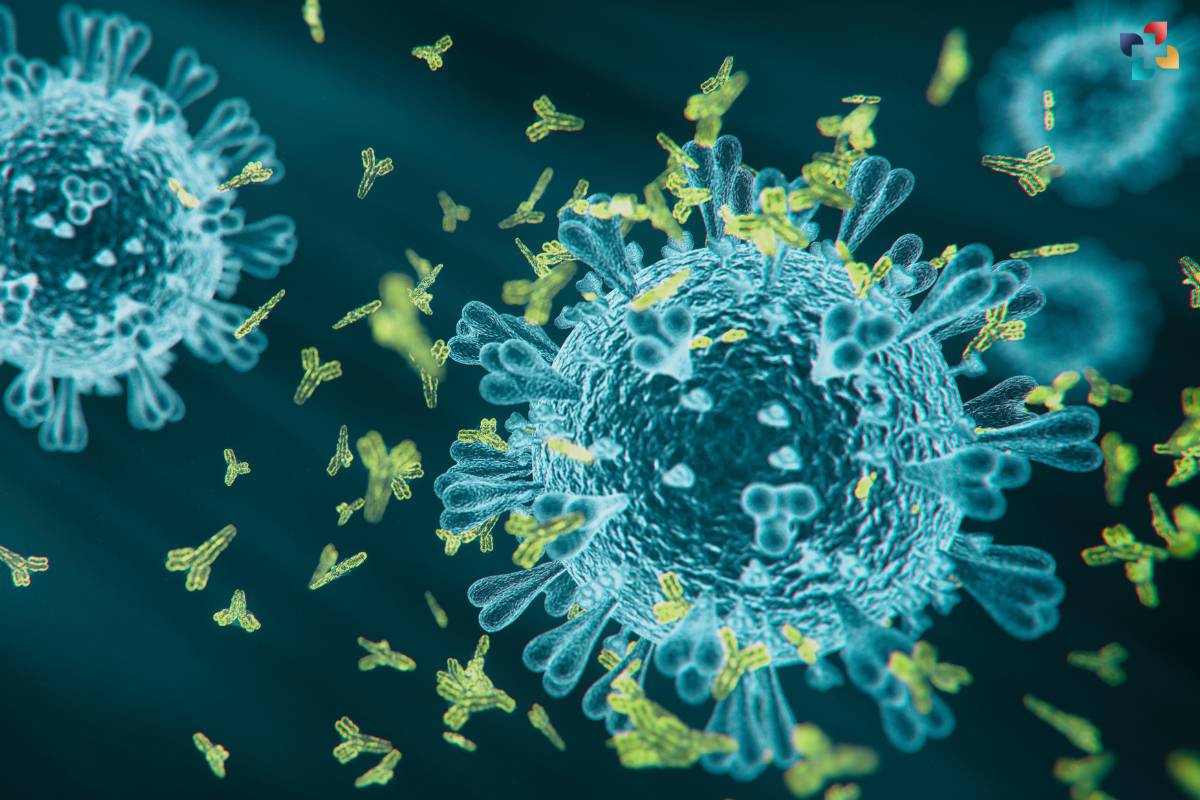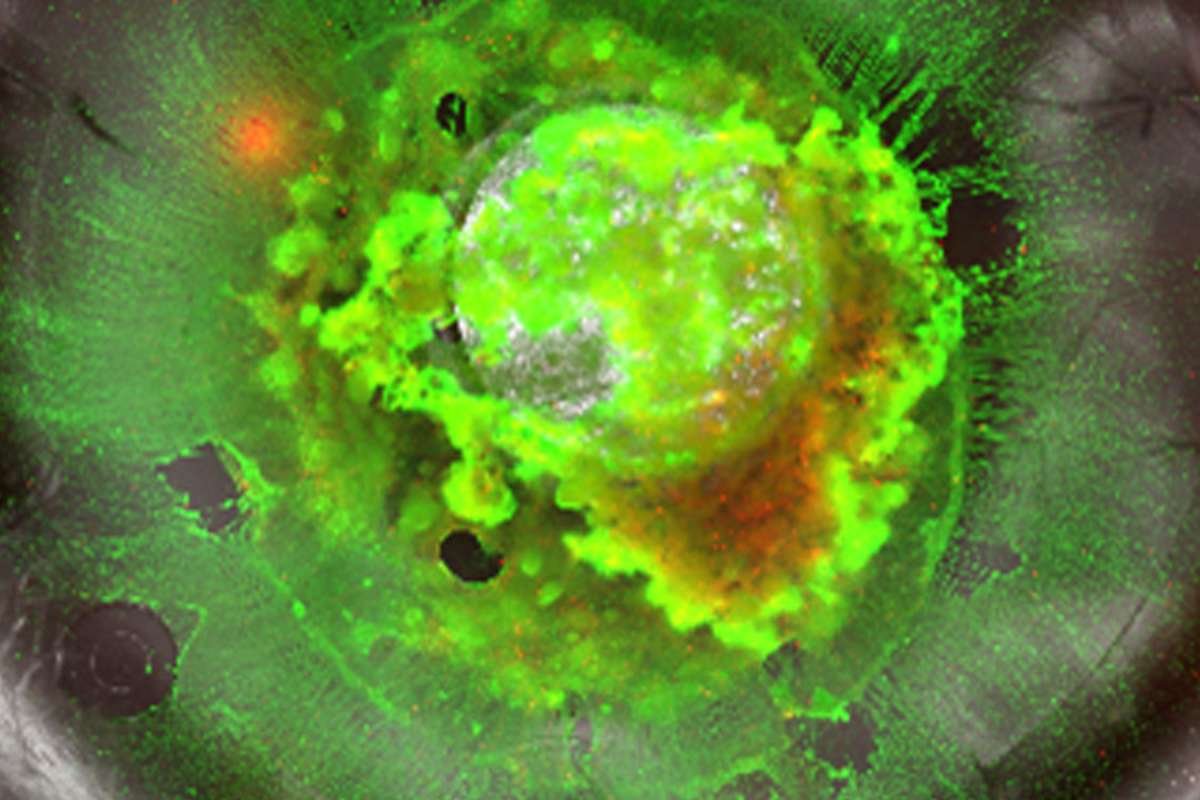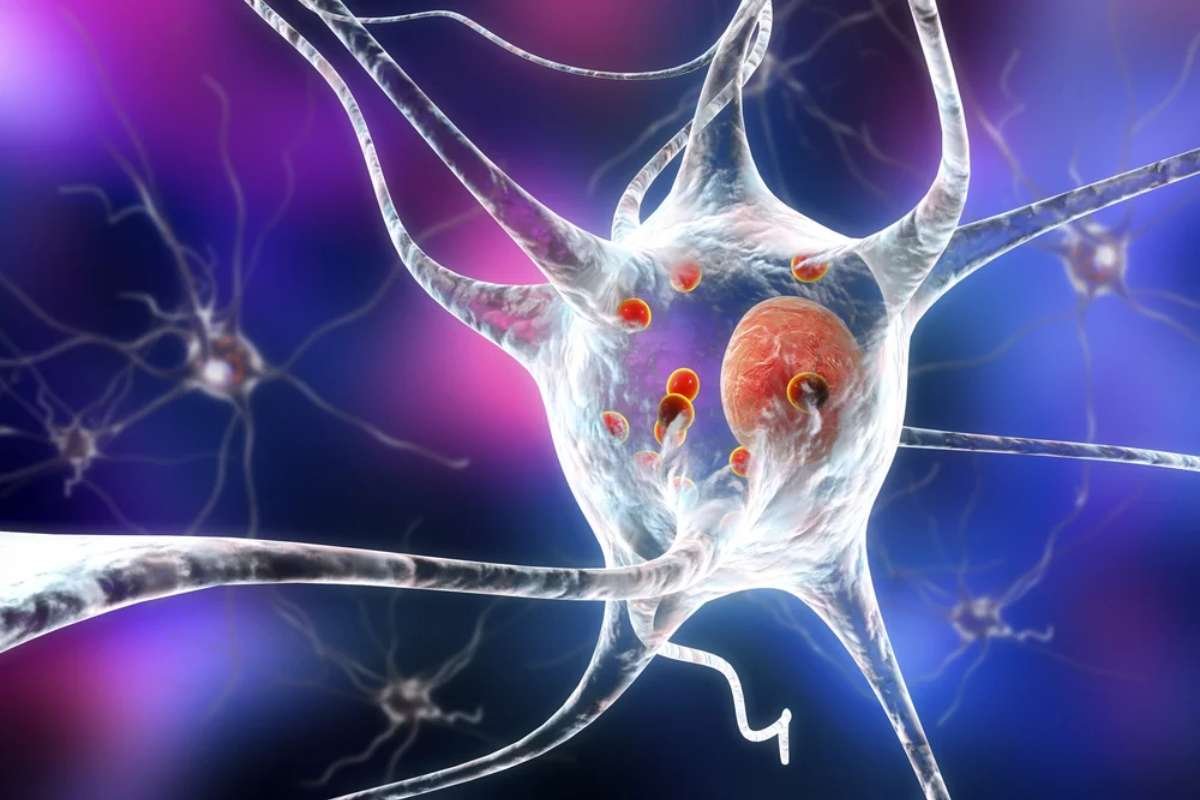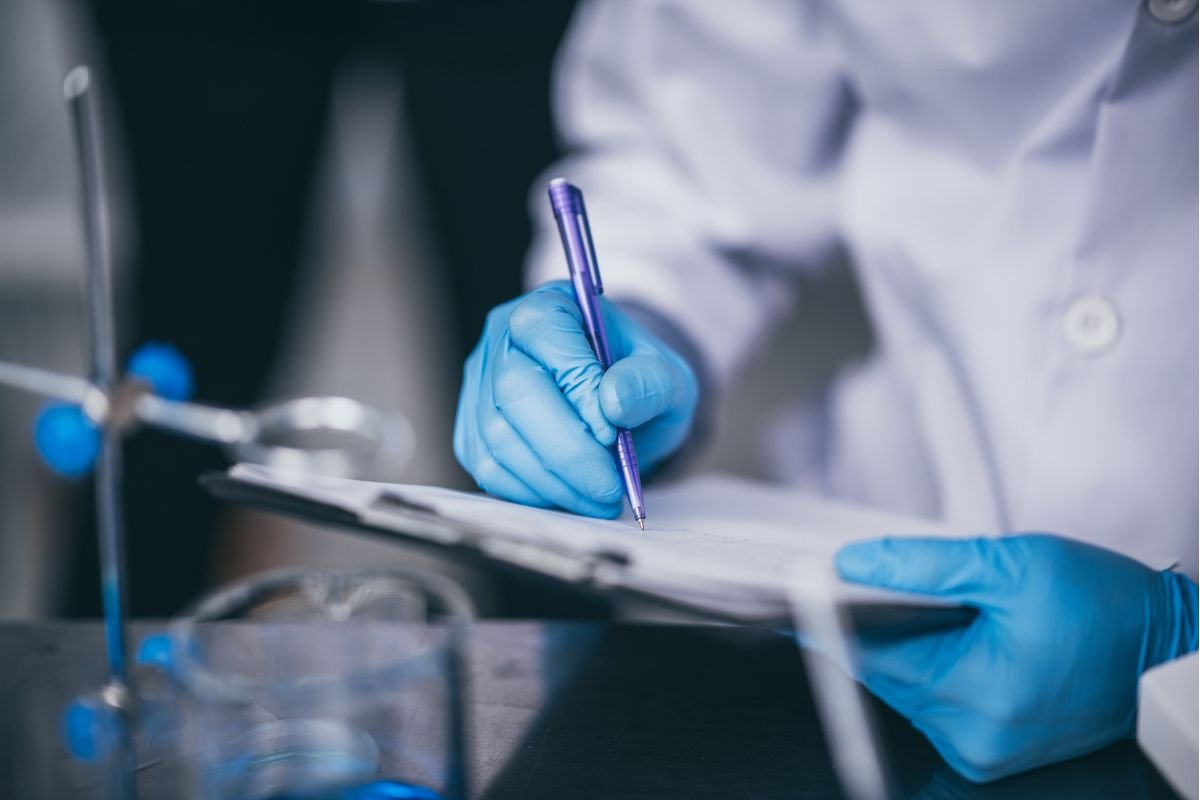Researchers from NYU Grossman School of Medicine have identified a genetic variant (IL1RN) linked to a reduced risk of severe illness and death from COVID-19 among men under 75. Published in The Journal of Infectious Diseases on March 13, the study highlights the protective role of a variant of the interleukin-1 receptor antagonist (IL1RN) gene, known as rs419598, in dampening inflammation associated with SARS-CoV-2 infection.
The study, which analyzed blood samples from 2,589 hospitalized COVID-19 patients at NYU Langone’s Tisch Hospital in Manhattan, found that men possessing the IL1RN variant were significantly less likely to experience severe illness or mortality. Specifically, men aged 19 to 74 with the rs419598 variant exhibited an 80% reduced risk of death from COVID-19. This protective effect was attributed to the variant’s ability to modulate inflammation, preventing the excessive tissue damage often observed in severe cases of COVID-19.
Lead investigator Dr. Mukundan G. Attur noted that while men historically have faced higher mortality rates from COVID-19, those carrying the IL1RN rs419598 variant were markedly protected from severe inflammation associated with the virus. Interestingly, this protective effect was not observed in women or men above the age of 74. However, further research is needed to understand the interplay between genetics, inflammation, and COVID-19 severity across different demographic groups.
IL1RN Variant Offers Potential Therapeutic Target for COVID-19
The study also revealed elevated levels of the anti-inflammatory protein IL-1Ra, encoded by IL1RN, in hospitalized COVID-19 patients compared to healthy controls. Despite this increase, the heightened IL-1Ra levels in women did not correlate with reduced mortality rates. Senior investigator Dr. Steven Abramson emphasized the biological connection between COVID-19 inflammation and rheumatoid arthritis, suggesting that targeting the interleukin-1 pathway could mitigate severe inflammation in COVID-19 patients.
Dr. Abramson highlighted the potential of IL1-inhibiting therapies, such as anakinra and canakinumab, in attenuating COVID-19-related inflammation. The study’s findings underscore the importance of exploring novel therapeutic avenues to combat COVID-19 severity and improve patient outcomes. Additionally, ongoing research will investigate the role of the IL-1 pathway in long COVID, shedding light on persistent symptoms experienced by recovered patients.
Implications for Future Research and Treatment Strategies
The study contributes to understanding the biological factors influencing COVID-19 outcomes, particularly the disparities observed between sexes. Dr. Abramson emphasized the need for further investigation into genetic variants and inflammatory pathways to develop targeted therapies for COVID-19. With funding support from the National Institutes of Health, ongoing research endeavors aim to elucidate the role of IL1RN variants in COVID-19 susceptibility and long-term sequelae, paving the way for personalized treatment approaches and improved patient care.











